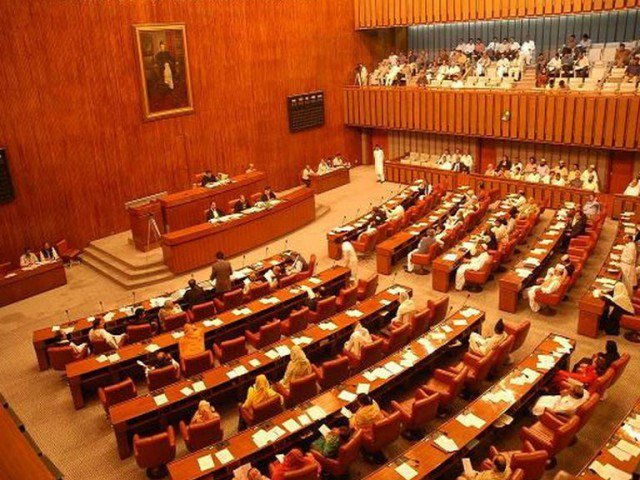Pakistan, a developing country in South Asia, has been facing a persistent economic crisis for many years now. The country’s economy is characterized by a large current account deficit, high inflation, low foreign reserves, and high levels of public debt. The crisis has not only impacted the country’s economic growth but also the living standards of its citizens. In this article, we will delve into the root causes of the economic crisis in Pakistan and its consequences on the population.
Root causes of the economic crisis are as followings:
Political instability has been a major contributor to the economic crisis in Pakistan. The lack of a stable government has hindered the country’s ability to implement economic reforms and attract foreign investment. Political turmoil has also led to a decrease in foreign aid, which has further exacerbated the economic crisis.
Corruption has been a persistent problem in Pakistan, and it has a significant impact on the country’s economy. The widespread corruption in the country has led to the misallocation of resources and hindered the growth of the private sector.
The energy crisis in Pakistan has had a major impact on the country’s economy. The lack of electricity has led to decreased industrial production, which has had a ripple effect on the overall economy. The energy crisis has also increased the cost of doing business in Pakistan, making it less competitive in the global market.
Pakistan has been facing a persistent balance of payments crisis, characterized by a large current account deficit and low foreign reserves. The country has been relying on external loans to finance its trade deficit, which has led to an increase in public debt.
Effects of the economic crisis are mentioned below;
The economic crisis in Pakistan has led to a decrease in the country’s economic growth. The decrease in industrial production and decrease in foreign investment has led to a decrease in the Gross Domestic Product (GDP) of the country.
The economic crisis has had a major impact on the living standards of the citizens of Pakistan. The decrease in economic growth has led to increased poverty and unemployment, making it difficult for the country’s citizens to make ends meet.
The economic crisis has also led to increased inflation in Pakistan. The devaluation of the currency has made imports more expensive, leading to increased prices for essential goods and services.
The economic crisis has also led to decreased foreign investment in Pakistan. The lack of stability and corruption have made investors wary of investing in the country, which has further exacerbated the economic crisis.
To conclude this, the economic crisis in Pakistan is a complex issue that has multiple root causes and consequences. The country’s government must take steps to address the root causes of the crisis, including political instability, corruption, and the energy crisis. In addition, the government must also implement reforms to improve the country’s economic competitiveness and attract foreign investment. Only through concerted efforts can the country overcome the economic crisis and improve the living standards of its citizens.

Yasub Baltistani
The writer is a Civil Engineer from Skardu.
Skardu.pk is one of the leading authentic news and information platform focusing on adventure tourism, regional and world affairs.

